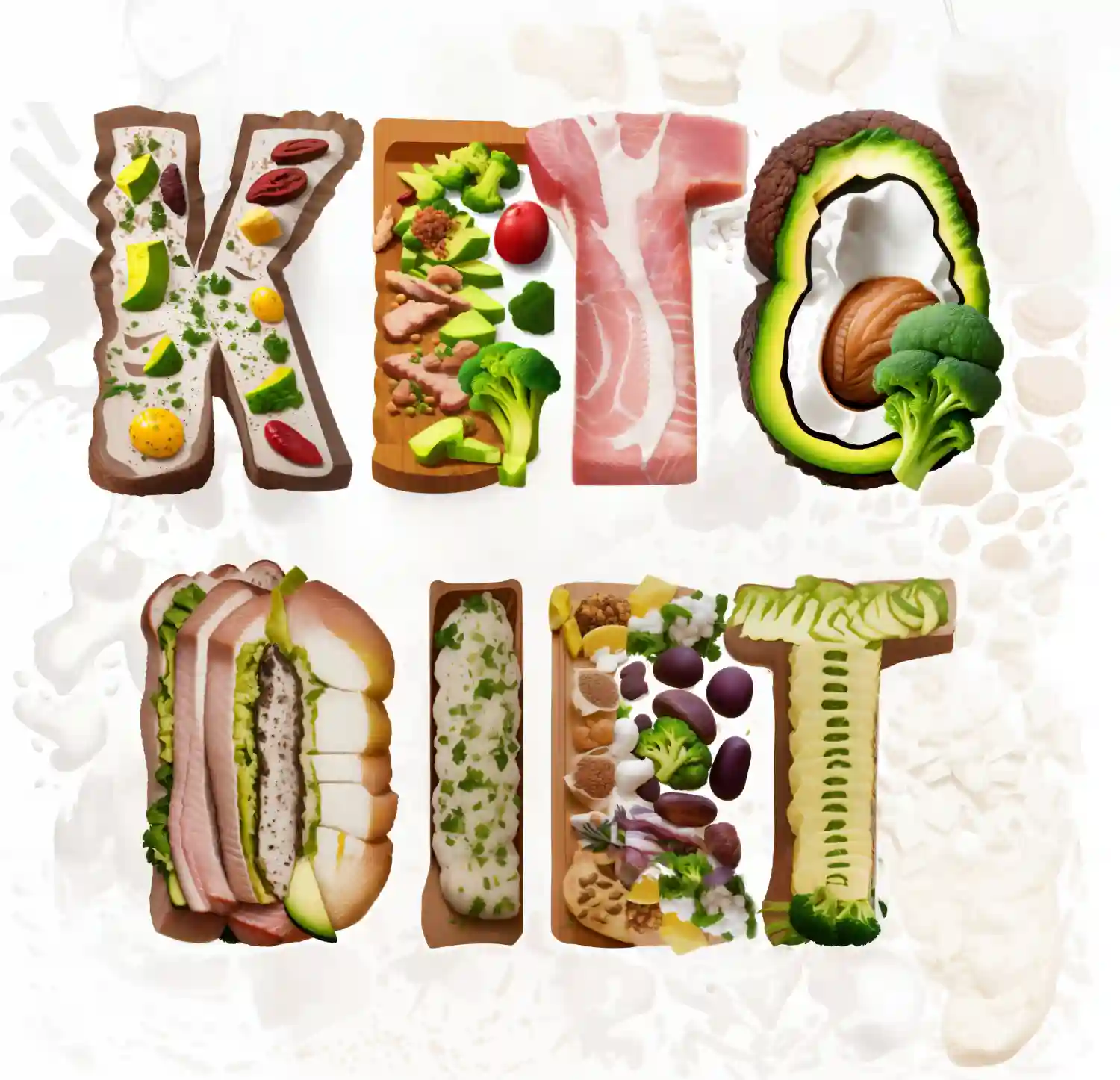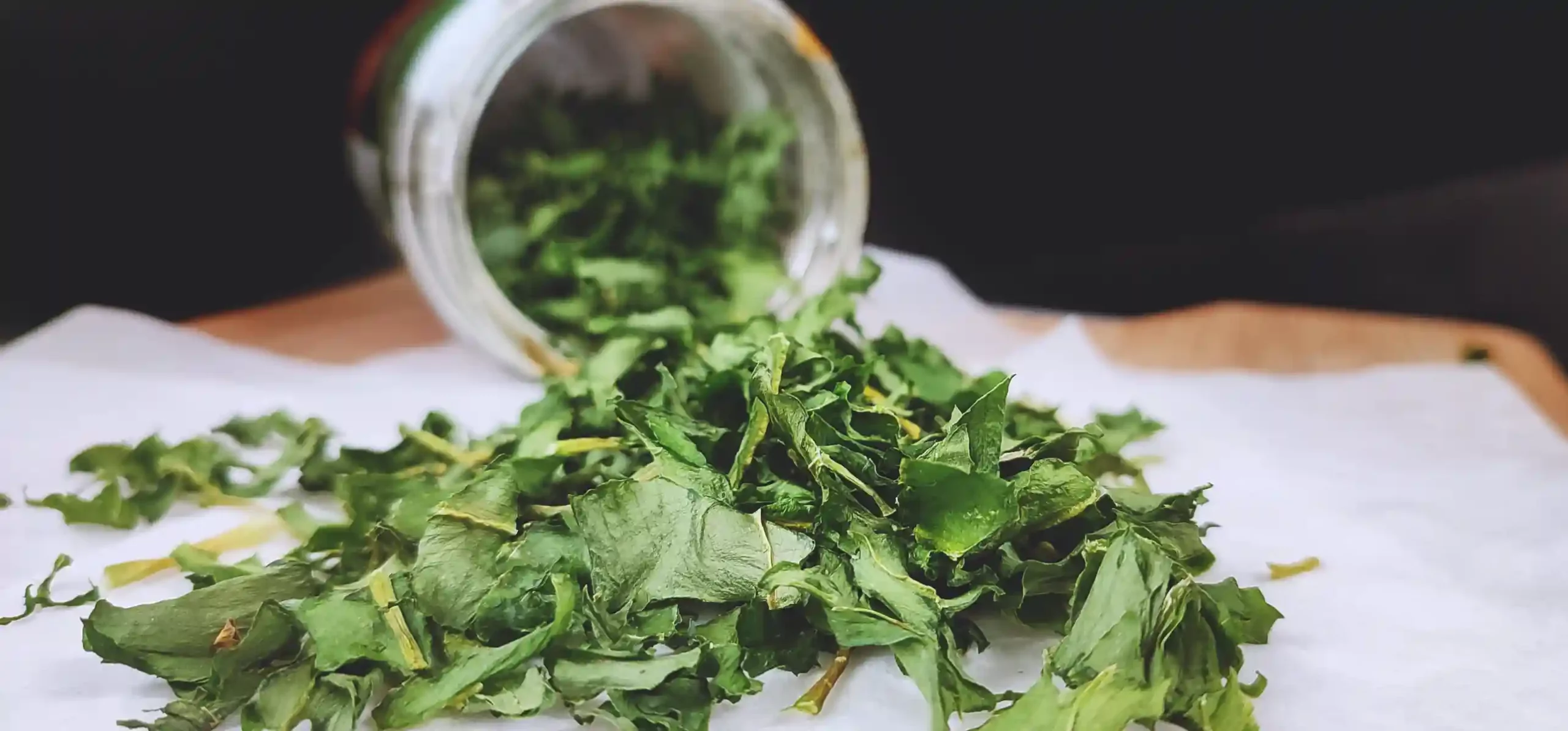Love it or hate it, the high-fat, low-carb ketogenic diet ignites passionate opinions in the nutrition world. Some experts tout keto as an effective way to curb appetite, reduce blood sugar levels, and propel your body’s fat-burning furnace into overdrive for quick weight loss results. Yet others argue keto is just another fad diet that promises the world but delivers less impressive, unsustainable outcomes in reality.
In this guide, we’ll explore all you need to know about keto – the good, the bad, and the ugly. We lay out what foods are on the menu, the various versions of the diet, common side effects to be aware of, and whether keto is the right choice for your long-term health and weight goals. The truth is, keto won’t suit everyone, so you must weigh the facts and determine if it aligns with your own needs and priorities. My role is to present an unbiased overview of the diet so you can make that informed decision for yourself.
Table of Contents
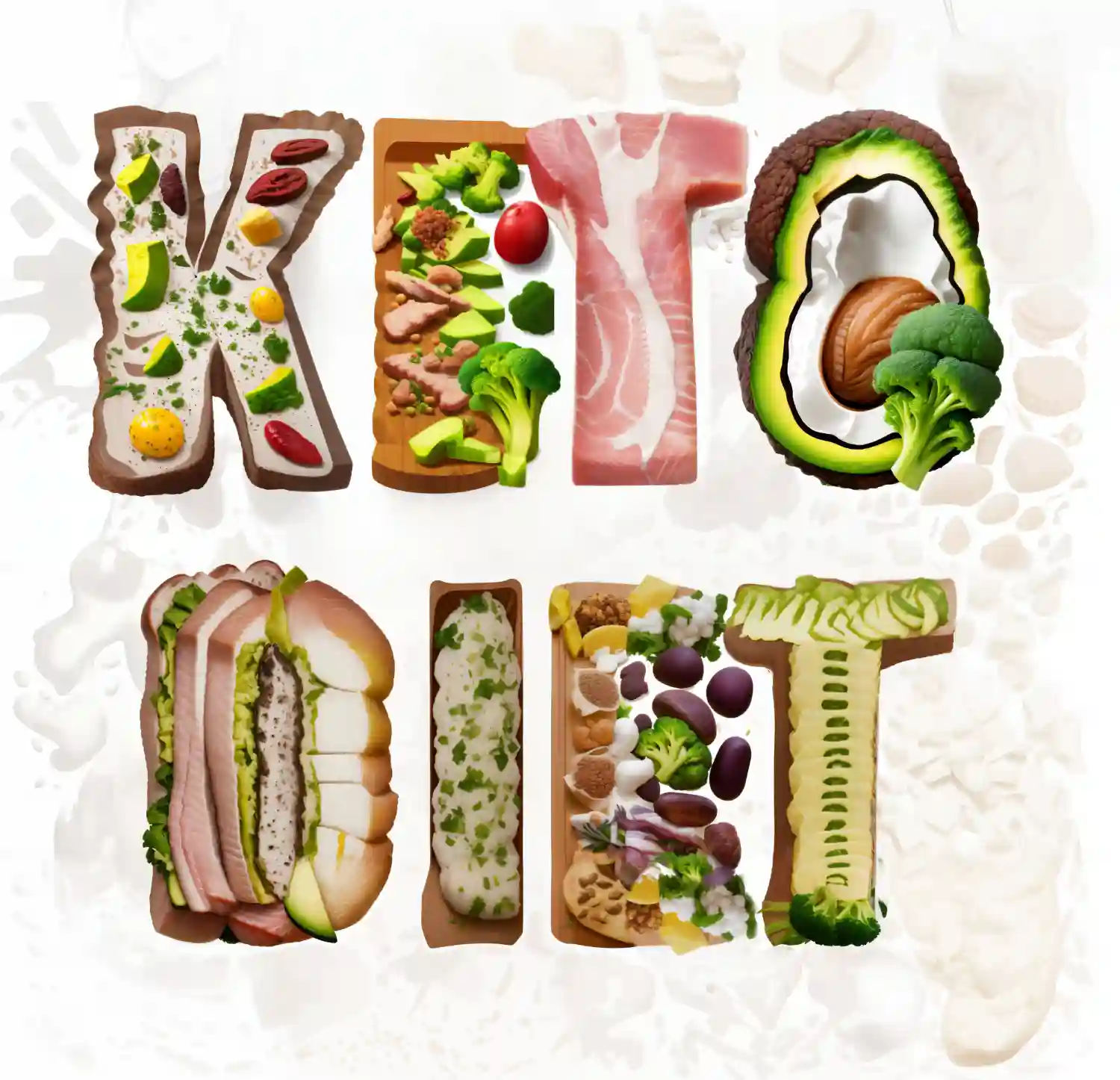
What is a keto diet? Is keto diet a healthy diet?
The highly popular but debated keto diet!
The highly popular but debated keto diet also known as the low-carb or high-fat diet, transitions your body into a state of ketosis, where it utilizes fat for energy instead of carbohydrates. This particular diet plan typically lowers and restricts carb intake to around 20 to 50 grams each day in order achieve ketosis.

The opinions of nutritionists really vary and differ on the ketogenic diet. Some nutrition experts recommend the keto diet for certain groups of people, either short-term or as a lifestyle, while other nutritionists don’t recommend it whatsoever.
There is no single diet that suits everyone, so it’s best to do your own in-depth research and listen to what your body is telling you. Some individuals passionately claim that this diet plan has totally transformed their lives, and they successfully manage their weight by making it their lifestyle. Others find it completely unsustainable.
Do your research, discuss it with your doctor, be wary of information from the internet and make sure you stay safe.
The most important thing is to consult your own doctor or nutritionist to determine if the keto diet, or a modified keto diet, aligns with your own personal health needs and goals.
Here are some of the primary reasons why the ketogenic diet has become so popular:
- Keto can be extremely effective for quick weight loss.
- Keto may be recommended for certain patients, such as those suffering from epilepsy, Alzheimer’s or other neurological disorders.
- Keto was originally developed to treat epilepsy. Some studies show it may decrease seizures in children with epilepsy.
- Keto could also increase fat burning during lengthy endurance events.
- The ketogenic diet can be healthy for some, especially for short-term weight loss or blood sugar control.
However, it also has some side effects and risks:

Pros: May aid weight loss, reduce appetite, lower blood sugar and improve heart health markers.
Cons: Can cause temporary nausea, fatigue and dizziness. May elevate LDL cholesterol in some. Long term effects not fully understood. May not suit athletes or very active individuals.
What’s the difference between the keto diet and the ketogenic diet?
Ketogenic and keto refer to the exact same diet plan. Keto is just a shorthand term for ketogenic. They both describe a diet that produces ketosis, a metabolic state where your body utilizes fat for fuel instead of carbohydrates. On the ketogenic diet or keto diet, you consume very minimal carbs, moderate amounts of protein and high amounts of fat. This combination causes your body to burn fat for energy rather than glucose (from carbohydrates).
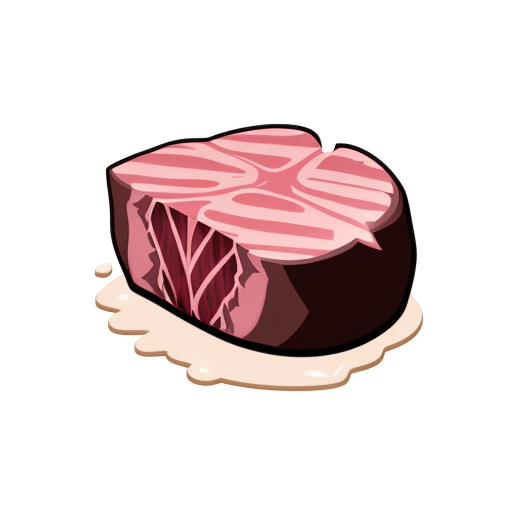
What foods are included in the ketogenic diet?
Proteins: Meat, fish and seafood, eggs, cheese, and non-starchy veggies which are all low in carbs but high in fat. Especially fatty meat/fish and above-ground vegetables.
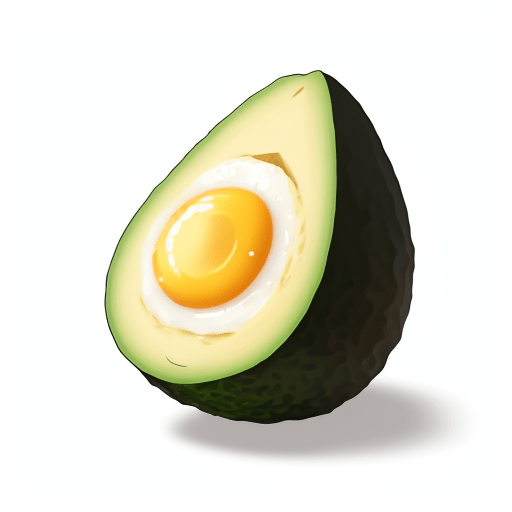
- Meat: Beef, pork, lamb, chicken, turkey, duck etc. Fattier cuts are best.
- Seafood: Salmon, trout, sardines, etc. As fresh as possible.
- Eggs: Ideally pasture-raised. Great snack or meal addition.
- Cheese: Most cheeses are low-carb and high fat. Limit highly processed options.
- Fats and oils: Olive oil, coconut oil, MCT oil, avocado oil, etc. For cooking, salad dressings and fat bombs/bulletproof coffee.
- Non-starchy vegetables: Leafy greens, broccoli, cucumbers, asparagus, mushrooms, zucchini, artichokes, etc. Avoid most root veggies and legumes.
- Dairy: Heavy cream, hard cheeses, butter. Limit milk, flavored creamers and yogurts with added sugar.
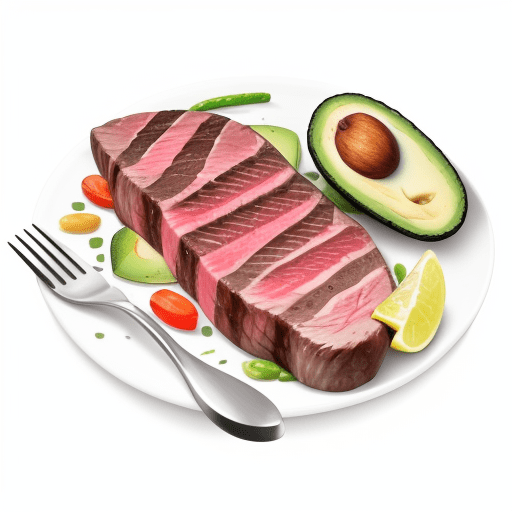
- Nuts and seeds: Almonds, walnuts, pecans, pumpkin seeds, chia seeds, flax seeds. In moderation due to carb/calorie density.
- Condiments: Mustard, pesto, olive tapenade, coconut aminos. Avoid most commercial salad dressings, sauces and marinades which contain sugar and starches.
- Beverages: Water, unsweetened tea, coffee, bone broth and unsweetened almond/coconut milk. Limit alcohol and all sweetened drinks.
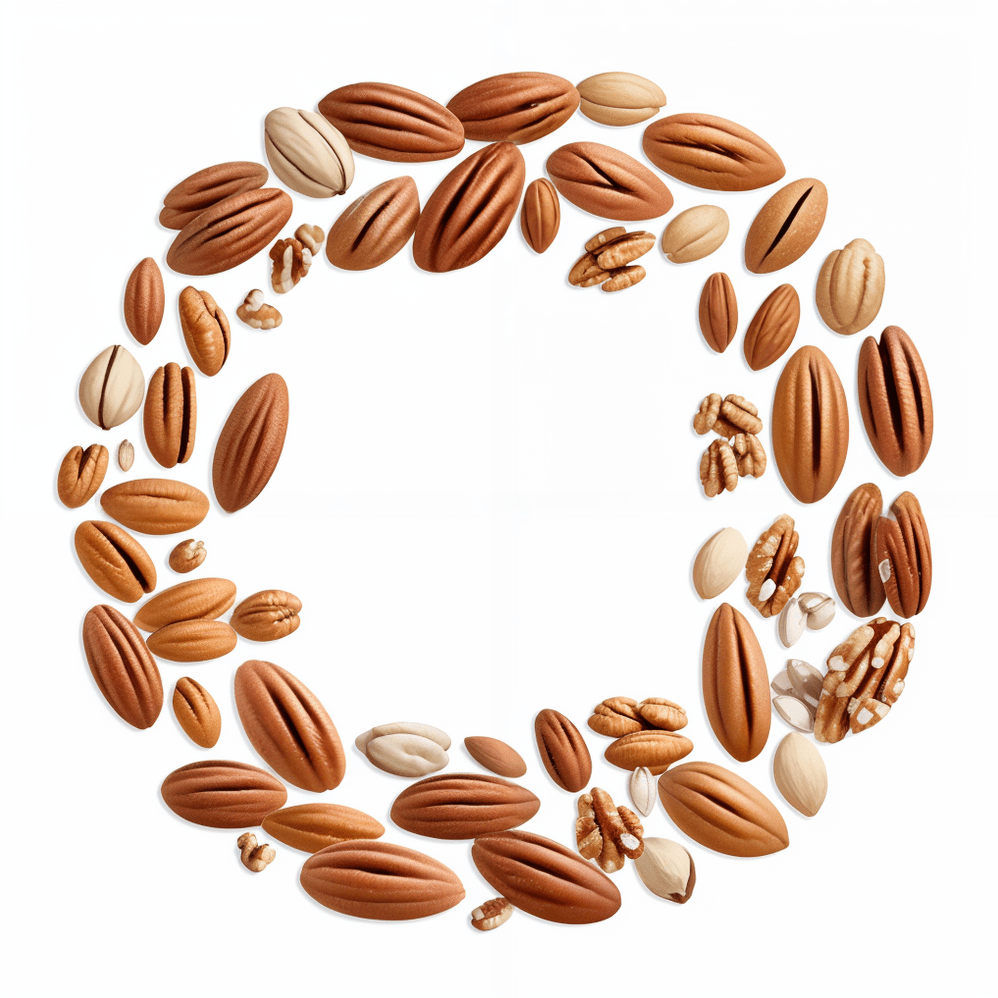
- Supplements: May include sodium, potassium, magnesium and exogenous ketones to support electrolyte balance and ketosis.
- Sweeteners (occasional use): Monk fruit, stevia, erythritol. Avoid aspartame, sucralose, sugar alcohols and other artificial sweeteners.
- Treats (optional): Dark chocolate, nut butters, protein bars/cookies. Only if needed and look for lowest possible carb and sugar. Moderation is key.

- Most fruit: While berries can be eaten in moderation, most other fruits are too high in sugar and carbs for keto. Limit high-sugar fruit like bananas, oranges, grapes, etc.
- Starchy vegetables: Potatoes, corn, peas, parsnips and turnips are starchy, carb-heavy veggies that should be limited. Focus on low-carb veggies.
- Several foods can throw you out of ketosis or slow your progress on the ketogenic diet. Some of the main foods and drinks to avoid or limit include:
- Sugary foods: Sugar, candy, pastries, baked goods, ice cream, etc. These are high in carbohydrates and sugar, which causes insulin spikes and inhibits ketosis.
- Grains: Wheat, rice, oats, corn, quinoa, etc. All grains are high in carbs, so they should be avoided on keto.
- Alcohol: Most alcoholic drinks are not keto-friendly. Limit or avoid altogether. Spirits with low-sugar mixers are the most keto-friendly option if consuming at all.
- Legumes: Beans, lentils and peas are full of carbs and fiber, so should be limited. Black soybeans and edamame have slightly fewer net carbs and can be eaten sparingly.
- Root beer and other sugary beverages: Soda, fruit juice, sports drinks and other sugary beverages hinder ketosis due to high amounts of sugar and calories.
- Some condiments: Many commercially prepared condiments like ketchup, BBQ sauce and teriyaki glazes often contain added sugar and corn syrup. Either avoid them or find keto-friendly alternatives.
- Dairy: Limit dairy to 4 oz servings of hard cheeses, heavy cream, and butter or ghee. Milk, flavored yogurts and frozen treats usually have too many carbs
- Artificial sweeteners: Some sweeteners like maltitol and xylitol still cause an insulin response and should be limited. Erythritol, monk fruit and stevia are more keto-friendly alternatives.
By avoiding most of these higher carb foods, you can stay in ketosis and achieve results on the ketogenic diet. Be sure to drink plenty of water and watch your protein intake as well. Both protein and hydration play a role in ketosis.
What is dirty keto?
A more casual version of the keto diet where people follow a high-fat, low-carb intake but don’t really worry about the quality of fats and proteins. Things like processed meats, fatty red meats, artificial sweeteners, and fast foods are permitted.
May lead to speedier weight loss but the risks to health are higher due to less nutritious food choices. Most nutrition experts do not recommend the dirty keto approach.
What is lazy keto?
A more relaxed rendition of keto where people loosely keep track of macronutrients (carbs, protein and fat) but don’t strictly monitor calorie intake or ketone levels.
Often seen as an easy way to ease into the keto diet. Can still work for weight loss and ketosis, but progress may be slower. There is still a possibility of consuming too many calories which won’t lead to losing body fat.
What are side effects of keto?
- Keto flu – Nausea, tiredness, dizziness, trouble concentrating in the early stages. Due to keto-adaptation. Can last 1-2 weeks. Supplementing with electrolytes may help.
- Bad breath – Caused by increased ketone production and release through breathing and sweat. Can persist throughout the diet. Sugar-free gum or mints may help mask the odor.
- Digestive problems – Constipation or diarrhea. Caused by lack of fiber from carb-rich foods. Staying hydrated, upping veggie intake and considering fiber or probiotic supplements may help decrease symptoms.
- Sleep issues – Insomnia and difficulty staying asleep. Effects usually disappear once keto-adapted but maintaining good sleep hygiene will help.
- Lowered thyroid hormone levels. May cause fatigue and feelings of being cold. Does not usually cause permanent thyroid damage but requires monitoring.
- Elevated cholesterol. Higher saturated fat intake may raise LDL cholesterol in some people. Cholesterol levels usually normalize once weight stabilizes but requires medical supervision.
- Nutrient deficiencies. Lack of certain minerals like magnesium, phosphorus, vitamin D and folate are possible without careful nutrition planning. Supplementation and medical monitoring are recommended when following keto long-term.
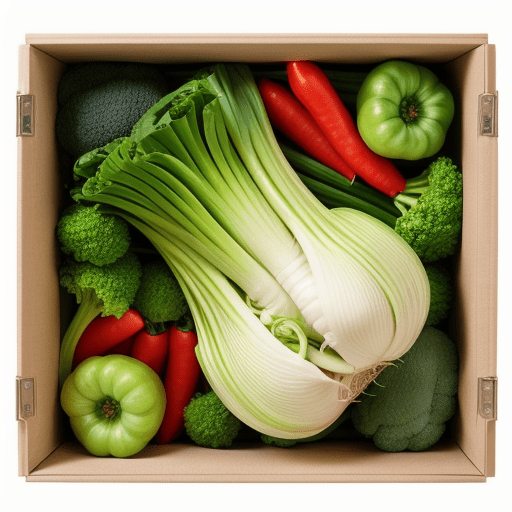
Be sure to talk to your doctor before embarking on any ketogenic diet, or any other diet plan to minimize risks and watch for any undesirable side effects. When properly formulated, keto can still be a safe choice for some and the side effects are often temporary, but medical guidance is essential.
Some nutritionists don’t recommend keto at all due to health concerns. There are worries keto may increase the risk of heart disease due to high fat intake. It can also cause side effects like fatigue, nausea, and insomnia in some people. The long term effects of keto are still unknown.
!Most nutritionists recommend a balanced diet with moderate portions for long term health and weight management. Keto and other diets are seen as too extreme by some nutritionists to follow long-term. They can be difficult to sustain and may be unnecessary for good health and weight control for most people.
In summary, opinions on keto vary widely. Some nutritionists and doctors cautiously recommend keto for certain situations or short term use, but most do not recommend it as a sustainable long term lifestyle diet due to potential side effects and health risks.
Great resources and literature used for this blog post:
Ketogenic diet in endocrine disorders: Current perspectives
Ketogenic Diet for Obesity: Friend or Foe?
Beyond weight loss: a review of the therapeutic uses of very-low-carbohydrate (ketogenic) diets
20 Foods to Eat on the Keto Diet
Is the keto diet good for you?
Keto Diet Food List: What to Eat and What to Limit If You Go Keto
Ketogenic Diet Literature Review, by Sarah Ballantyne, PhD and Denise Minger
100+ Keto Foods List: A Comprehensive Guide to Eating Keto

